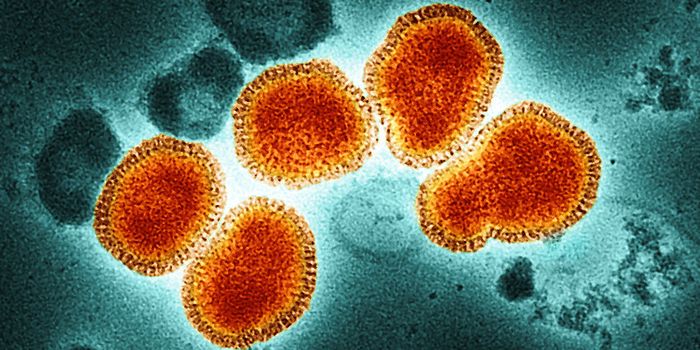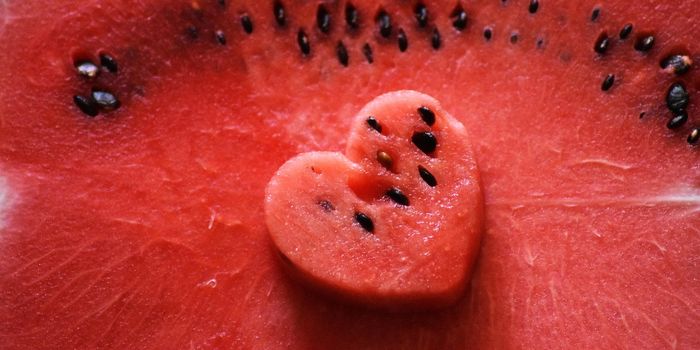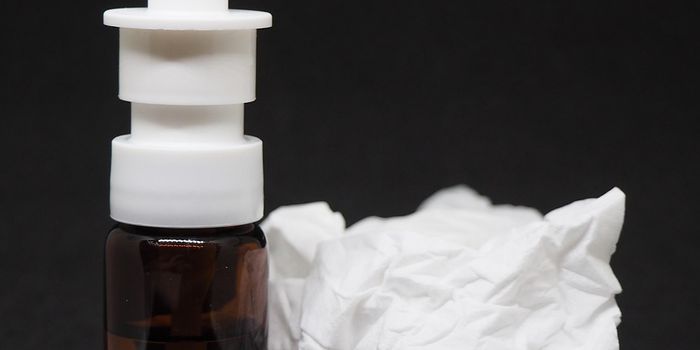Don't Forget About Zika This Winter
Zika expert James Diaz, MD, PhD from the Louisiana State University New Orleans School of Public Health is familiar with all things Zika:
- What characteristics of mosquitoes make them able to transmit Zika virus in the U.S.
- Mosquito habits and biting behaviors
- Control and protective measures
From specially-designed clothing infused with insecticides to mosquito repellents and the study of genetically controlling mosquito populations, Diaz is dedicated to preventing the spread of the Zika virus and treating existing infections. In his new study published in the journal Wilderness & Environmental Medicine, Diaz provides concrete evidence for why we shouldn’t ignore Zika virus this winter.
Two mosquitoes of the Aedes genus are known to spread Zika: Aedes aegypti and Aedes albopictus. The mosquitoes acquire Zika virus while feeding on the blood of an infected person, passing the virus to other humans via future bites. A Zika infection in the mosquito is not transferrable to humans until after the incubation period, a one- to two-week period where the virus spreads to the salivary glands. However, some winter weather can actually speed up this incubation time.
"Not only can the eggs of Aedes mosquitoes survive winter, wide variations in daytime temperatures can stimulate egg-laying and shorten the time it takes for mosquitoes to become infective after biting a person with Zika," Diaz said.
Mosquito eggs can survive in cold winter conditions even when adult mosquitoes cannot. Eggs can also survive desiccation despite a shortage of water, remaining “environmentally stable and viable for up to a year. One rain shower and the eggs can hatch.
"What's more, researchers have shown that while relatively rare, Aedes aegypti mosquitoes are able to transmit Zika to their offspring, a mechanism allowing the virus to survive from one season to the next,” Diaz said.
While many people might believe that by avoiding the early morning and evening will give them the best chance of staying safe from a Zika-carrying mosquito bite, Diaz urges people to reconsider this stance. “It's not just dawn and dusk when people must take precautions,” he said. “Aedes mosquitoes are primarily daytime biters and sip feeders, preferring multiple small-sip human blood meals when they can sense, see and repeatedly attack their hosts best, but they can also bite at night in well-lit areas."
Researchers continue to study Zika and various therapeutical and protective technologies to battle infection, which Diaz said will also help in the “next arthropod-borne pandemic” that is sure to come as the world’s ecosystem continues to change.
“It is vital that we know this enemy and remain vigilant in protecting ourselves," Diaz said.
Sources: Louisiana State University Health Sciences Center, CDC, WHO









